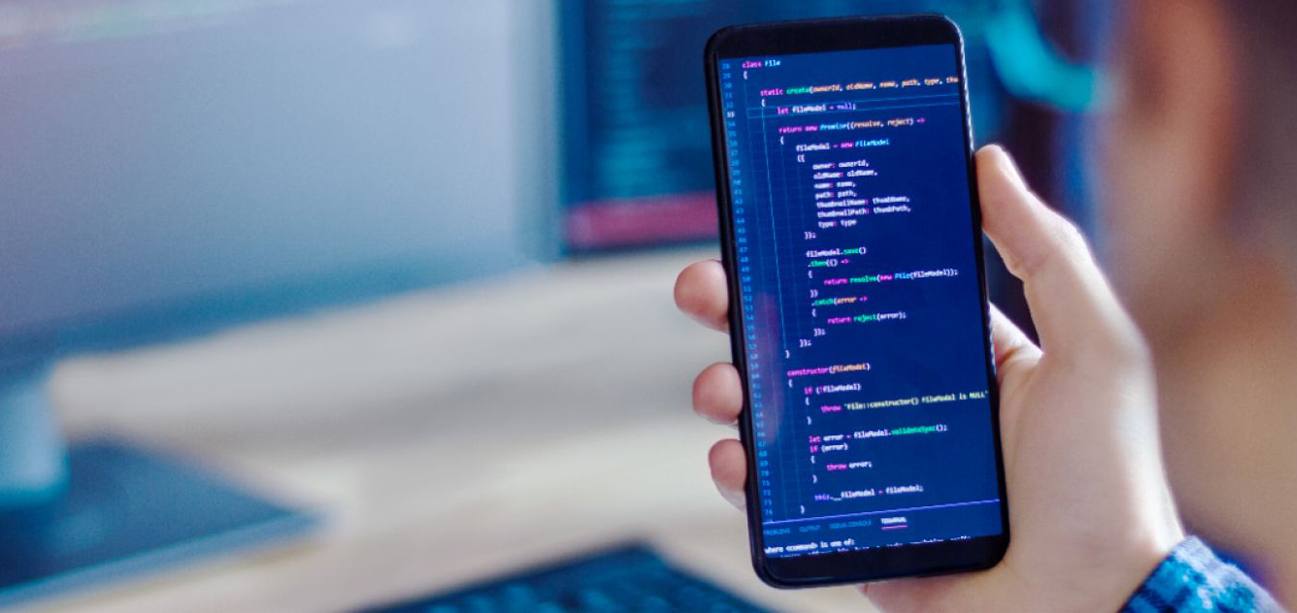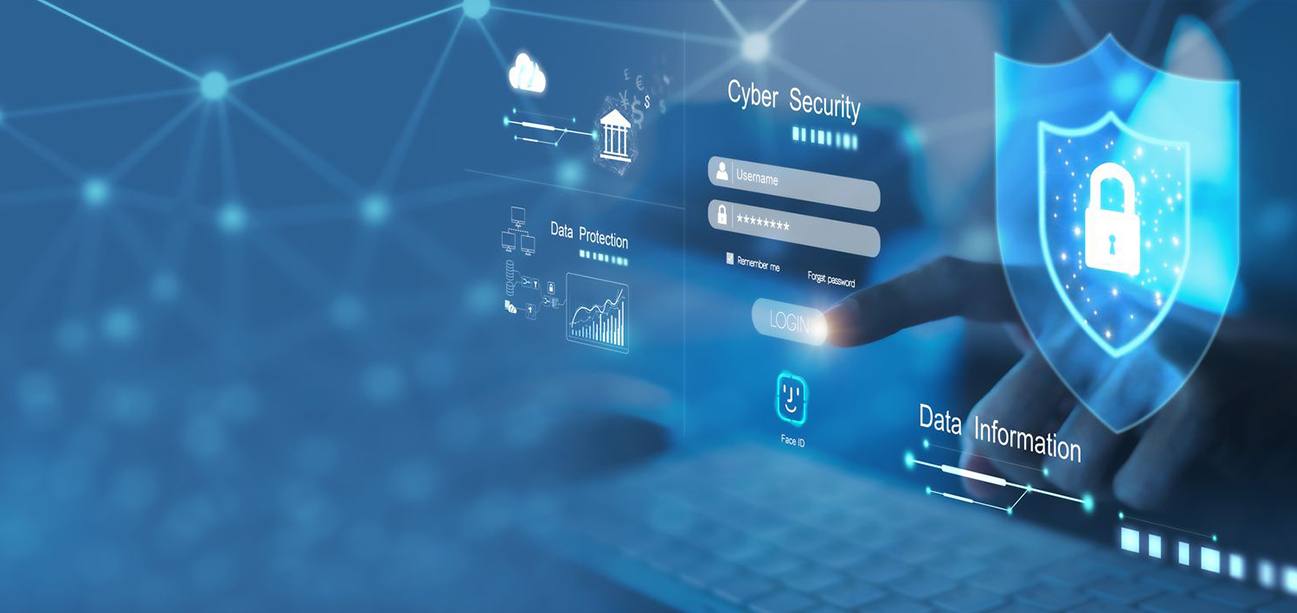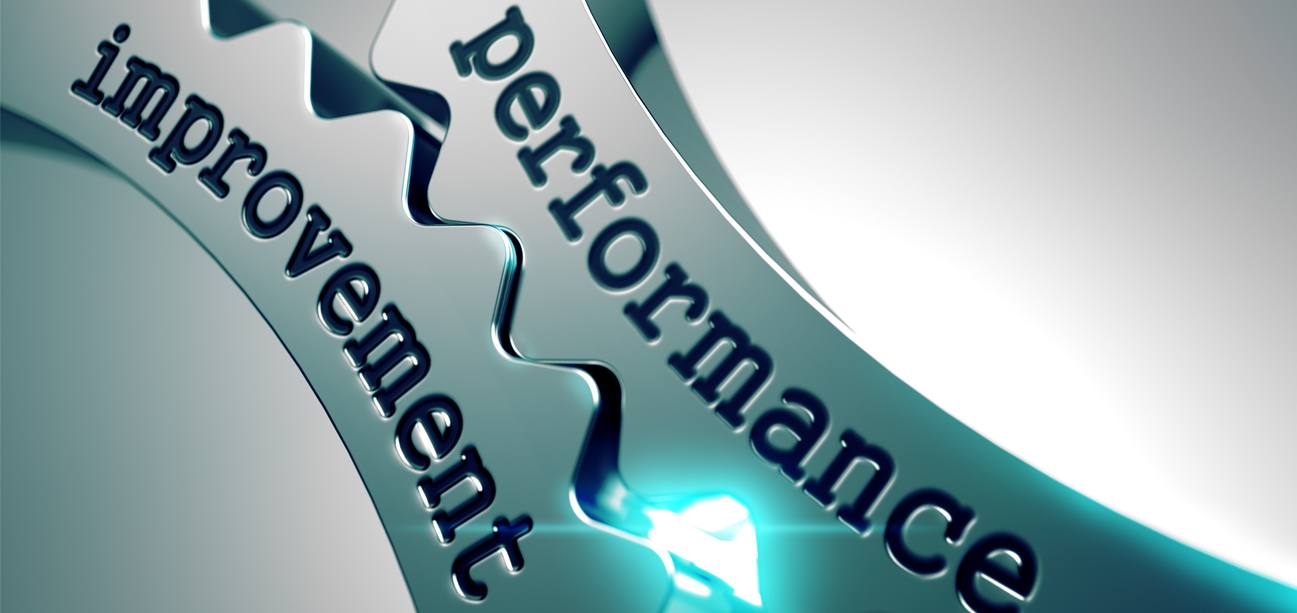
Your Successful Journey Towards Unity 3D Game Development
The pillars of Unity 3D Game Development stand on a multi-platform Unity game engine. The engine allows the development of games for more than one platform, such as desktop applications, consoles, mobile devices, etc. A career in Unity is feasible because of the vast options for 3D Unity games such as Wii U, PlayStation 3, XBOX 360, Linux, flash, Blackberry, OS X, Android, Windows, iOS, and web browsers.
Here at Fictive Studios, you get the lowest rates of Unity game development and are very efficient. 3D game development includes creating video games that are life-like and provides superb quality. Minor details such as the shadows of game characters and proper faces are some characteristics of 3D games. Fictive Studios can help you develop your very own game, and that too of the highest quality and at a low cost.
From point A (game conceptualization) to point G (developing the actual game) to point Z (debugging and pilot testing your game), the process is going to be as smooth as silk. Even if you do not have that much information about developing games, we are here for you, so you can play around with the game once it has been created
The advantage of hiring an agency to develop your app is that we cover all aspects of the development process, whether the story or graphics. You might be good at one or two, but Fictive Studios covers all the departments, so your game is the best.
GET A QUOTE
Building The Future One Line Of Code At A Time
Requirements Gathering

The project team will identify and document the requirements for the completion of the project, including functional, technical, and non-functional requirements. The process involves conducting stakeholder interviews, analyzing existing systems, and reviewing industry standards and best practices.

Design And Architecture

Once the requirements are gathered and documented, our project team will initiate the design and architecture phase. This involves creating high-level mobile app designs, including technical components, network architecture, security requirements, and data flow diagrams.

Development And Coding

After the design and architecture phase, the project team will begin developing the software and coding the mobile app. This includes unit testing, integration testing, and debugging to ensure the code meets the requirements and is free of bugs.

Quality Assurance And Testing

In this phase, the project team will conduct various types of testing to ensure the mobile app meets the requirements and complies with high-quality standards. This includes functional testing, performance testing, security testing, and user acceptance testing.

Deployment And Implementation

Once the mobile app has been tested and verified, the project team will begin the deployment and implementation phase. This involves installing the software, configuring hardware and network components, and migrating data from existing systems to the new solution.

Monitoring And Maintenance

After the mobile app is deployed, the project team will continue to monitor and maintain the system to ensure it performs optimally and meets ongoing business needs. This includes conducting regular system updates, monitoring app performance and security, and addressing recurring issues or bugs.

Enhancements And Upgrades

As the business needs to evolve, the mobile app will require enhancements or upgrades to keep up with the new trends. The project team will work with stakeholders to identify these needs and create a plan for implementing the changes.


Mobile App Solutions For Everyone, Everywhere
We pride ourselves on our ability to bring your unique vision to life through our cutting-edge technology and innovative solutions.
Retail, Ecommerce
Education & e-learning
Healthcare & Fitness
Logistics & Distribution
Social Networking
Real Estate
Travel & Hospitality
Food & Restaurant
On-Demand Solutions
Gaming
Partnerships We Have Built Through Our Digital Solutions
At Fictive Studios, we are proud to have partnered with over 2000 businesses, ranging from startups to enterprises, to provide industry-leading mobile app development solutions tailored to their unique business needs. Every business is different, and we are passionate about helping our clients achieve their goals through our extensive range of app development services.
Start Up Business

Small & Med Business

Enterprise

Agencies

What Our Clients Say
We possess the capability to create applications across a diverse range of genres - simply specify your requirements and we'll bring your vision to life.

I don't even know where to start with how absolutely amazing Fictive Studios are! I had an idea, put some feelers out, had a bunch of companies reach out, but the ONLY one who immediately sent me an NDA was Fictive Studios! First step to help make me comfortable, and it's only been uphill since then! Seth and Mustafa have been wonderful to work with! They have walked me through the process, answered my questions every time, been super encouraging, and couldn't be more knowledgeable in their field! I am looking so forward to the final steps of my app and will never be able to thank this group enough for all they have done to turn my idea into reality! You guys rock! If you're looking for a company to build your app, look no further! Fictive Studios is hands down the place to go!
David William
I don't even know where to start with how absolutely amazing Fictive Studios are! I had an idea, put some feelers out, had a bunch of companies reach out, but the ONLY one who immediately sent me an NDA was Fictive Studios! First step to help make me comfortable, and it's only been uphill since then! Seth and Mustafa have been wonderful to work with! They have walked me through the process, answered my questions every time, been super encouraging, and couldn't be more knowledgeable in their field! I am looking so forward to the final steps of my app and will never be able to thank this group enough for all they have done to turn my idea into reality! You guys rock! If you're looking for a company to build your app, look no further! Fictive Studios is hands down the place to go!
Daniel Matthew
Taking on an app seemed like too big of a venture and a friend strongly recommended I consult with the Fictive Studios. I am glad we finally took their advice. The team were extremely helpful and patient as we were new to the process of application development, we had many, so many questions. They calmed any hesitation and relieved any doubt that previously existed. The best part of my experience was that they found solutions to integrate our ideas and create a seamless experience.
James Robert
This is my first app design and I had no idea what I was doing, Seth and his team made me feel heard and comfortable. I really appreciate the fact that they walked me through this life changing experience from start to finish. I will definitely be doing my next app with them in the future, no question. Thank you, Seth and team!!
Jennifer Linda
I am delighted to share my positive experience working with an amazing team that produced exceptional results. I recently had the pleasure of working with Nabeel, Mark, and Ali on the design and launch of a new mobile application. From start to finish, the process was seamless and hassle-free, and the team exceeded my expectations.
John Michael
The crew at Fictive Studios was very attentive. They were open to my ideas and it’s been great to work on the App together as a team. So happy I found them!
Mary Patricia
A wonderful experience working with Fictive Studios to develop an app for my music. Ivan Joshua, the project manager is very knowledgeable, personable, professional, accommodating, and fostering a smooth engagement. Ivan and his team are doing an amazing job in follow-up correspondence regarding the progress of my app. I am excited to see what Ivan and his team will develop for me.
Richard Joseph
Fictive Studios is amazing! They have been with us every step of the way developing our app. They help in any way possible even giving their own input and ideas (which is extremely helpful). Gabriella, our project manager has been more than exceptional handling our app in its final stages and willing to help and work with us on whatever we need! I 12/10 would recommend Fictive Studios to anyone.
Susan Jessica
I couldn't be more pleased with the way my website turned out. I recently got engaged with Fictive Studios to have my website re-designed, and the results are fantastic. The project management abilities were outstanding, and they finished every element of the work while keeping my vision in mind. The design concept they've come up with has really blown me away. From the first time we met, I had a strong feeling about them. They took the patience to respond to each of my requirements and jotted down my requirements. Fictive Studios ensured that the final product was desirable, and I'm pleased I went with them for the job.
Thomas Christopher
Last month, I had the great experience of working with Fictive Studios on a marketing-based animation for my newly-launched company. Their entire staff is incredible, and they all had the same goal in mind: to provide me with exactly what I asked for. Through their uttermost commitment, they took my germ of an idea and turned it into bloom. They went above and above my preconceived notions and delivered everything on time. The character design, animation, and storytelling were all exceptional. They are a fantastic firm to deal with, and I strongly suggest their services.
Aaron Kaden
The Fictive Studios are amazing they make sure to listen to your ideas that you have and make it to a reality and even if you don’t like something they make sure that go back at it to look right and be right to your liking
Christopher Waggoner
Gabriella and the staff at Fictive have been professional, creative, patient and accommodating. My experience thus far has been very good. I look forward to delivery of a product that will be better than I had conceived.
Steven McDevitt
Can’t go wrong with these guys. True professionals and most importantly great listeners. Might be saying too much, but this might be the best app company in States.
Tradetech LLC
Our group has enjoyed working with Daniel Diaz!!! He is available to help us with the changes to create the best website for our community. We all appreciate his working so diligently to complete our project!
Beverly Smith
Hi my name is Jose Rivera and I have been working with Fictive Studios since August. My idea was first entertained by Zack Daniel who pointed me in the direction of Jay Bradley a senior in his department, who also appointed me seniors for my app. Then came Eric Rediker who is getting the baton and finishing the race as a true gold medalist. As Eric would say, wait there's more! pricing is phenomenal, and their efforts surpass their promises. Not only developing my app, but inventing it!!!! Eric always comes up with fresh new ideas, and always responds promptly. I couldn't have picked a better person than Eric Rediker for my project his passion matches my own.
Josesito Rivera
Gabriella has been awesome with getting my app development started. Very knowledgeable team and fun to work with! Highly recommend!
Chase Jeffery
I've talked with multiple people for my app. The most comfortable option was fictive Studios. I never had such an experience. I would choose them again in a heartbeat. My project started with just an idea and what they came up with, the ideas blew my mind. Highly recommended
Angela Love
This is ou rfirst app design and I had no idea what I was doing, Seth and his team made me feel heard and comfortable. I really appreciate the fact that they walked me through this life changing experience from start to finish. I will definitely be doing my next app with them in the future, no question.Thank you Seth and Fictive Studios!
Canyon Consult
Very professional people, they not only help you with developing the app but they will provide you some amazing business consultancy as well which helps the business to grow. After implementing what they advised to me, I have seen a gradual growth in my business. Keep it up guys
Haitch
The people here are friendly and encouraging. I enjoyed talking with one of the consultants here and they really want to put my business to work!
StuBeBalln


Let's Build Something App-tacular Together
Join forces with Fictive Studios, the premier Mobile App Development Company in the US. With our bespoke app development solutions, watch your business soar to new heights.
GET A QUOTE
